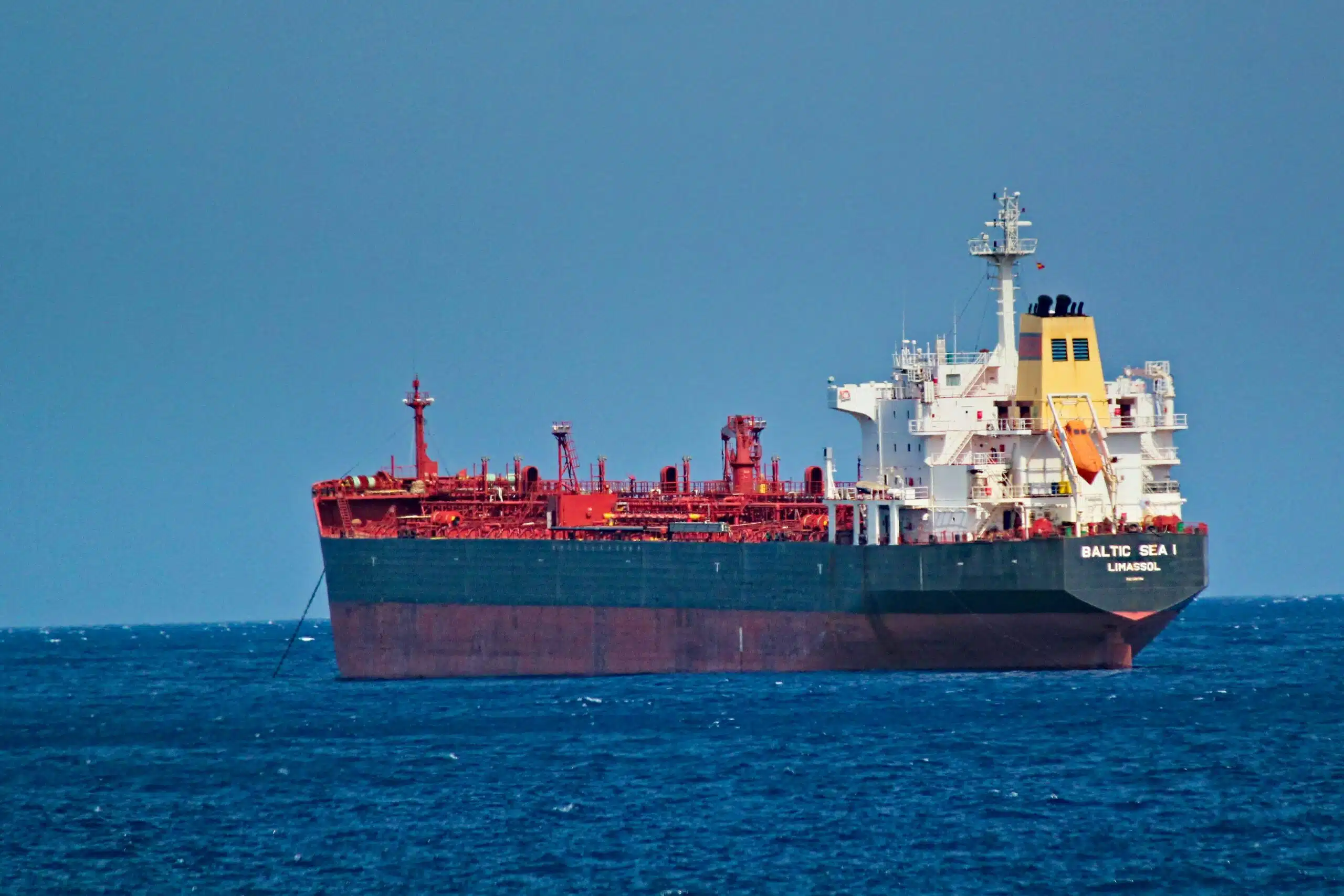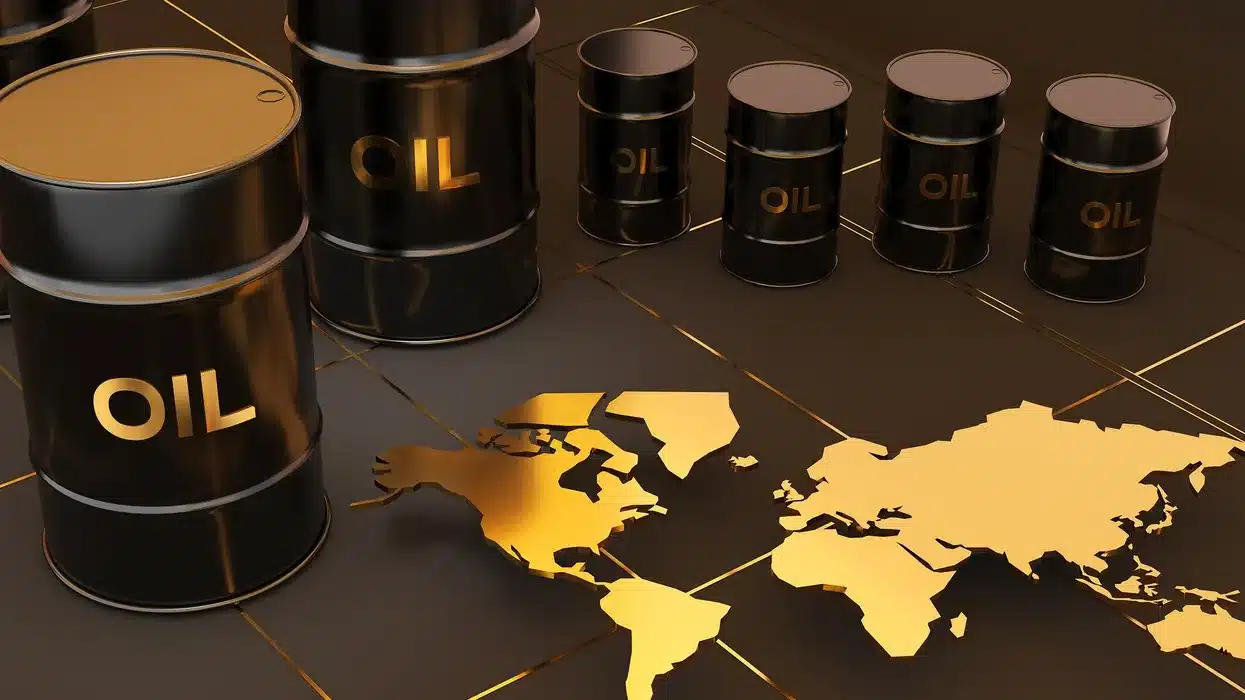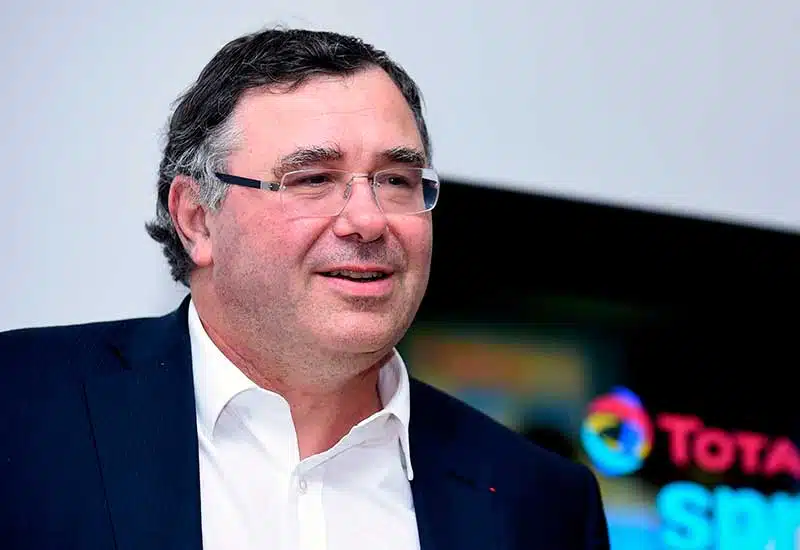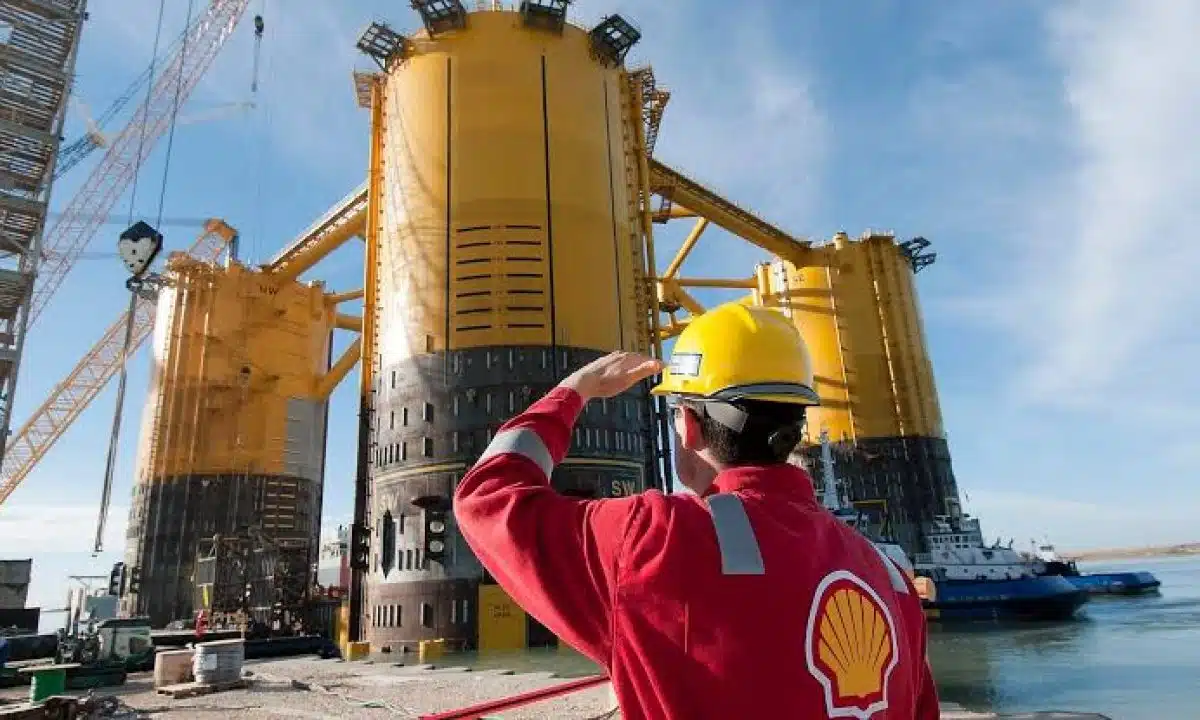Senegal and Mauritania have officially entered the global liquefied natural gas (LNG) market with the successful loading of the first cargo from the Greater Tortue Ahmeyim (GTA) project.
Last week, British energy major BP announced the first LNG export from the offshore GTA development, located along the maritime border between the two West African nations.
This achievement marks BP’s third major upstream project startup in 2025 and showcases the strategic importance of the region in global energy supply chains.
The milestone positions both Senegal and Mauritania as emerging LNG exporters and strengthens their roles in Africa’s evolving energy landscape.
Senegal, in particular, has seen significant progress in its energy sector, thanks to its substantial oil and gas reserves.
In 2024, Senegal joined the ranks of oil-producing nations following the launch of production at the offshore Sangomar oil field, operated by Woodside Energy.
The project contributed to an impressive 8.9% GDP growth in Q3 2024, according to the National Agency of Statistics and Demography.
With LNG exports officially underway, Senegal is set to deepen its economic gains this year.
Overview of the GTA LNG project
The Greater Tortue Ahmeyim (GTA) project is a flagship offshore liquefied natural gas (LNG) development led by BP in partnership with Kosmos Energy, Senegal’s national oil company PETROSEN, and Mauritania’s Société Mauritanienne des Hydrocarbures (SMH).
BP operates the GTA project with a 56% working interest, alongside Kosmos Energy (27%), PETROSEN (10%), and SMH (7%).
Located approximately 120 kilometres offshore on the maritime border between Senegal and Mauritania, the GTA project targets vast natural gas reserves and is considered one of Africa’s most technically advanced deepwater developments.
The gas resources lie in ultra-deep waters reaching depths of up to 2,850 metres.
The project achieved its first gas earlier in 2025, with production transported via subsea pipeline to the FLNG vessel Gimi for liquefaction.
Gimi, owned and operated by Golar LNG, arrived offshore Mauritania and Senegal in Q2 2024 and is designed to process over 500 million standard cubic feet of gas per day.
Interestingly, it is the first operational floating liquefied natural gas (FLNG) facility in West Africa.
Phase 1 of the GTA development is expected to produce approximately 2.4 million tonnes of LNG annually over a period of more than 20 years, positioning Senegal and Mauritania as key players in the global LNG market.
Strategic significance of the GTA project
The launch of LNG exports from the Greater Tortue Ahmeyim (GTA) project marks a major milestone for Senegal and Mauritania in diversifying their energy portfolios and driving long-term economic growth.
In 2021, the governments of both countries officially designated the GTA project as a “national project of strategic importance,” emphasizing its pivotal role in enhancing regional energy security and fostering sustainable economic development.
Beyond its contribution to energy production, the project has delivered substantial socio-economic benefits.
These include job creation, local enterprise development, and strong environmental safeguards to ensure sustainable operations.
A multimillion-dollar social investment program is also underway, targeting improvements in education, healthcare, and local economic empowerment.
According to BP, the project’s construction phase has already created over 3,000 jobs and involved approximately 300 local companies in Senegal and Mauritania.
Future prospects of the LNG project
The successful launch of LNG exports from the Greater Tortue Ahmeyim (GTA) project paves the way for expanded energy developments in West Africa.
Positioned at the intersection of energy security and economic growth, the project is a catalyst for regional transformation.
According to BP, this first shipment marks the beginning of a planned series of up to 10 LNG cargoes by the end of 2027, aligning with the company’s broader strategy to strengthen its global upstream oil and gas portfolio.
To support this vision, BP’s gas marketing division has secured a long-term agreement to off-take the entire LNG production from Phase 1 for up to 20 years—highlighting the project’s critical role in international energy supply chains.
This milestone also signals both countries’ entry into the global LNG market at a time when geopolitical shifts and changing trade dynamics—such as the U.S. President Donald Trump’s reciprocal tariff policies—is reshaping the global energy market.






